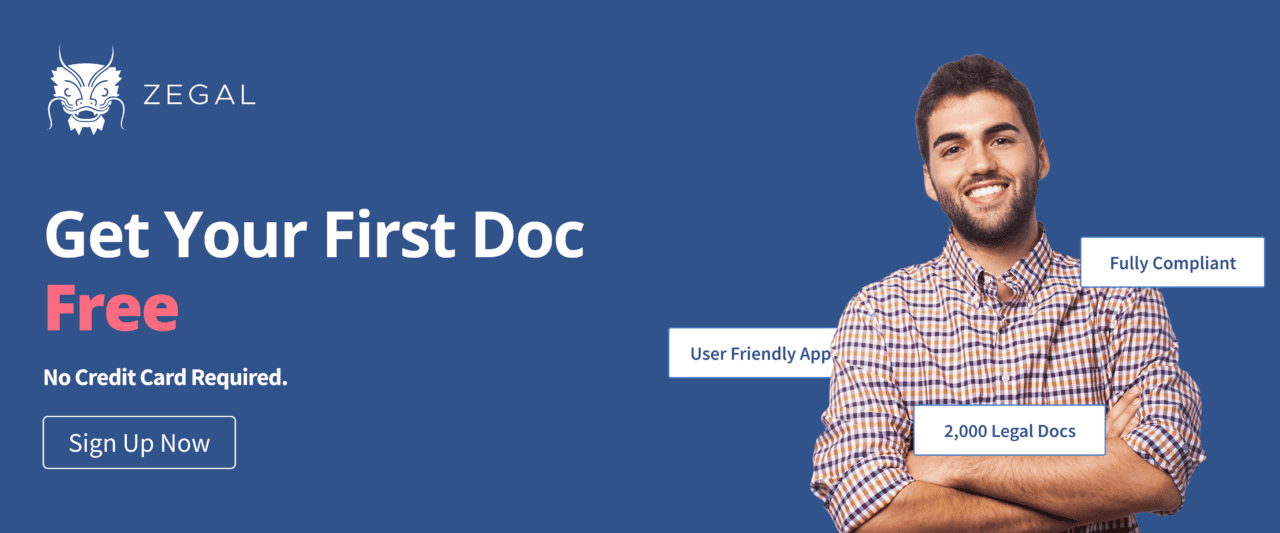Introduction to legal tech
As the digital revolution continues to reshape numerous industries, one trend growing in significance is ‘Legal Tech.’
Legal tech is using technology and software to provide and streamline legal services. It aims to make the navigation of legal terrains more manageable and cost-effective, particularly for Small and Medium-Sized Enterprises (SMEs), which often bear the brunt of regulatory complexities.
To highlight this, a Centre for Economics and Business Research (CEBR) survey shows that SMEs lose more than £13.6 billion annually because they don’t adequately care for their legal matters.
Understanding the AI impact
One groundbreaking development for SMEs is the implementation of Artificial Intelligence (AI) in legal tech.
AI uses advanced algorithms and machine learning to automate tasks, swiftly analyse vast data, and predict outcomes.
A 2019 report by the World Intellectual Property Organization (WIPO) found that AI-related patent applications increased from 18,995 in 2013 to 55,660 in 2017, reflecting the AI revolution’s broad impact.
For SMEs, the benefits of AI are substantial. AI applications in legal tech can help streamline their operations, drastically reducing the time spent on legal paperwork and enabling them to devote more resources to growth and innovation.
It’s the kind of progress that can translate directly into enhanced profitability and improved business resilience.
Exploring real-world applications
To better understand the real-world implications of AI in legal tech, consider Zegal’s AI-powered platform. Zegal offers an intuitive interface for creating, negotiating, and managing legal contracts.
Businesses previously spent significant time drafting and revising contracts, a process often prone to human error. Using Zegal’s platform, they can generate fully customised, legally-binding contracts in minutes.
This drastic leap in efficiency doesn’t just save valuable time; it reduces risk, ensuring legal compliance and enhancing operational smoothness.
Consider the example of an SME looking to hire a new employee. Creating an employment contract traditionally involved days of back-and-forth with legal counsel at significant cost.
With Zegal’s platform, the same contract can be created in minutes, reviewed instantly, and executed digitally.
The numbers speak for themselves
A 2018 study found that AI outperformed experienced lawyers in reviewing legal contracts.
The AI achieved an accuracy of 94% compared to an average of 85% by human lawyers. Additionally, while lawyers typically took 92 minutes to review a contract, the AI took only 26 seconds.
Such efficiency levels mean businesses can revolutionise processes such as hiring, leading to quicker decisions, reduced overheads, and rapid scale-up.
Your guide to adopting legal tech
Adopting legal tech might seem daunting for many SMEs, but it begins with a simple step—understanding your needs.
What legal tasks consume most of your resources? Where do errors often occur?
By identifying these areas, you can find a legal tech solution that directly addresses your needs.
Zegal’s platform is designed to be user-friendly, even for those with no legal background. After signing up for an unlimited free trial, you can explore various features and tools available.
And with on-demand support, FAQs, and a vibrant user community, help is always at hand.
The potential savings
A report from the Boston Consulting Group in 2020 indicated that AI could reduce business costs by up to 20% and increase profitability by as much as 38%.
The potential savings become clear by applying these percentages to the legal sector.

Forecasting the future of legal tech
With technology’s continuous advancement, the future of legal tech looks promising.
Machine learning and predictive analytics are becoming mainstream, leading to highly accurate and efficient legal services. This could include real-time contract analysis, predictive legal advice, and risk alerts.
A recent report from McKinsey suggested that about 23% of legal work could be automated with existing technology. As we look to the future, it is reasonable to anticipate that this percentage will increase.
Even more futuristic concepts, such as decentralised autonomous organisations (DAOs) and smart contracts, could be integrated into the legal tech space.
These concepts could disrupt traditional understandings of legal processes and contract enforcement, offering innovative ways for SMEs to conduct business.
Conclusion: Embrace the future today
The rapid evolution of legal tech offers significant advantages to SMEs ready to embrace the future. By integrating legal tech into their operations, businesses can save time, reduce costs, and focus more on their core objectives.
Legal compliance is no longer a roadblock to progress but a streamlined process that empowers businesses to be agile and efficient.
SMEs now have the opportunity to reimagine their legal landscape, making it a cornerstone of their business strategy rather than an afterthought.
Zegal’s AI-powered legal tech platform is ready to support your business’s growth and innovation. Start your legal tech journey today with Zegal, and experience firsthand how AI can redefine legal processes.
It’s not just about keeping pace with the digital world; it’s about staying ahead.





